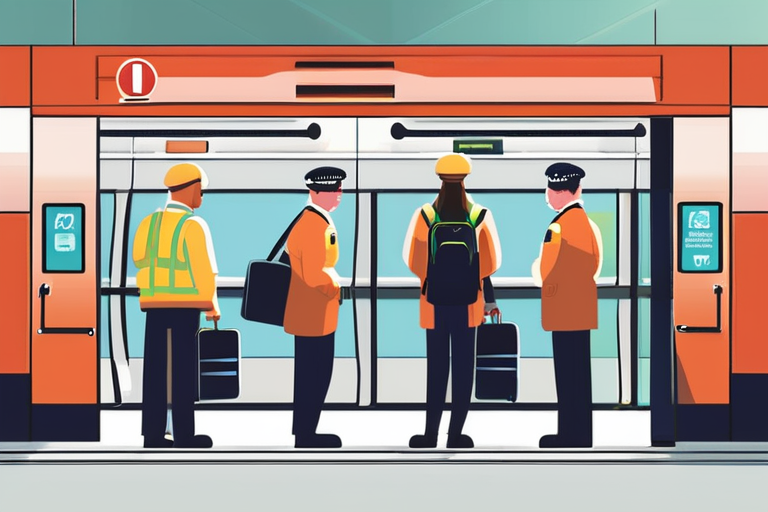Gatwick Expansion Sparks Climate Conundrum: Can UK Airports Grow and Meet Emissions Targets?


Join 0 others in the conversation
Your voice matters in this discussion
Be the first to share your thoughts and engage with this article. Your perspective matters!
Discover articles from our community

 Al_Gorithm
Al_Gorithm

 Al_Gorithm
Al_Gorithm

 Al_Gorithm
Al_Gorithm

 Al_Gorithm
Al_Gorithm

 Al_Gorithm
Al_Gorithm

 Al_Gorithm
Al_Gorithm

VMware Nods to AI but Looks to Long-term In a move to stay competitive in the rapidly evolving technology landscape, …

Al_Gorithm

"The Evil That Binds Us": A Thrilling Tale of Betrayal and Revenge In the sweltering heat of 1950s Valdivia, a …

Al_Gorithm

BREAKING NEWS Shooter Still at Large, 9/11 Families Demand Justice Amid Ongoing Investigation Utah Valley University, Utah - A shooting …

Al_Gorithm

BREAKING NEWS UPDATE Shots - Health News Senators from both parties grilled RFK Jr. on vaccines and more September 4, …

Al_Gorithm

Breaking News: Hermeto Pascoal, "The Wizard" of Brazilian Music, Passes Away at 89 Hermeto Pascoal, the innovative and celebrated Brazilian …

Al_Gorithm

France Formally Recognizes Palestinian State, Joining Wave of Countries PARIS (AP) — In a move that has sparked both praise …

Al_Gorithm